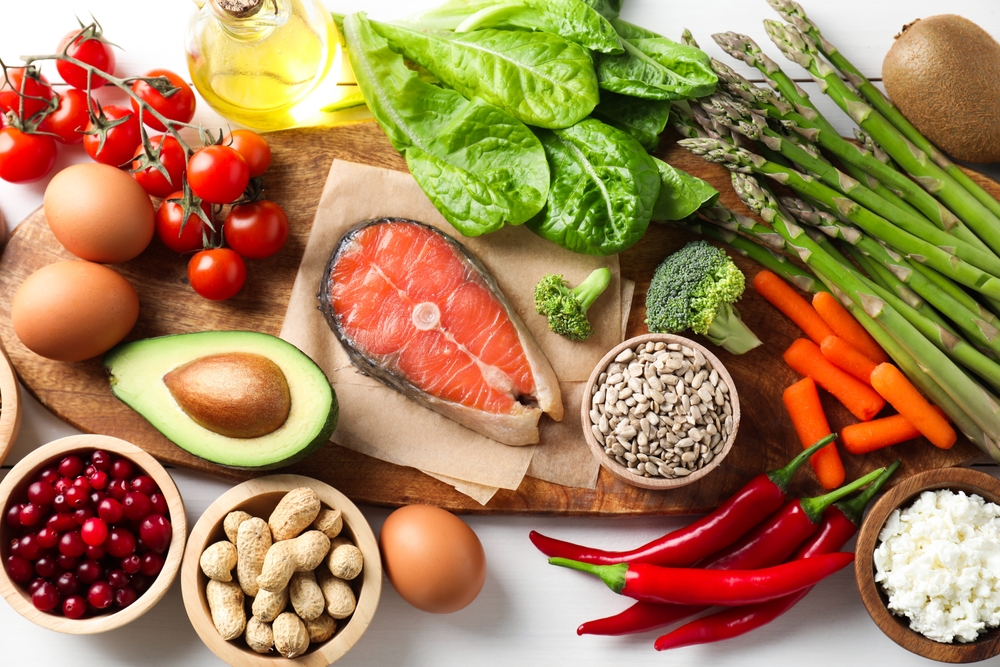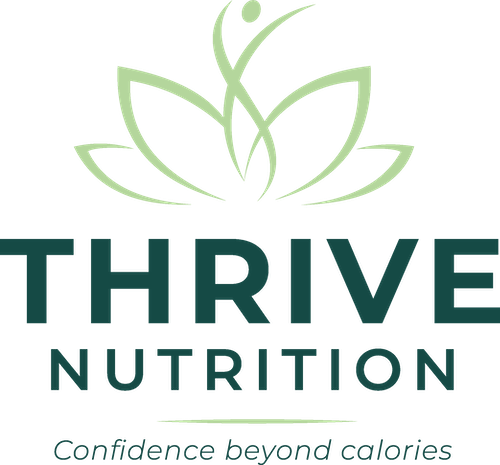Why You Should Rethink Low-Calorie Diets (And What to Do Instead)

Low-calorie diets typically involve cutting down food intake to below 1200 to 1500 calories per day, depending on individual factors. While this might lead to quick weight loss initially, the results are often short-lived. Over time, your body may start to conserve energy, slowing down metabolism to preserve fat stores.
This is a survival mechanism that has been hardwired into our DNA over thousands of years. When the body detects that it’s not getting enough fuel, it becomes more efficient at using the calories it does receive, which can make it harder to lose weight over time. Worse yet, once you go back to eating a normal amount, your metabolism may remain slower, leading to rapid weight gain.
In addition, low-calorie diets can leave you feeling tired, moody and deprived. Your body needs a variety of nutrients to function properly and when you restrict your calorie intake, you may not be getting enough essential vitamins and minerals. This can impact your energy levels, mood and even your immune system.
Instead of focusing on what you can’t eat, a more effective approach is to focus on what you should eat. A balanced diet rich in whole foods – like vegetables, lean proteins, whole grains and healthy fats – provides your body with the nutrients it needs to thrive. These foods not only support a healthy metabolism but also help regulate blood sugar levels, reducing cravings and hunger.
Incorporating more fibre, healthy fats and protein into your meals can help you feel full and satisfied while keeping your calorie intake at a sustainable level. Foods like avocados, nuts, seeds and lean meats are all nutrient-dense, meaning they provide more vitamins, minerals and other beneficial compounds without adding unnecessary calories.
Research continues to show that balanced, nutrient-rich diets are more effective for long-term weight loss than calorie restriction. Another important factor is the impact of macronutrient distribution. Rather than simply cutting calories, adjusting the ratio of carbohydrates, proteins and fats can optimise weight loss. Higher protein intake has been shown to preserve muscle mass during weight loss, while a moderate fat intake can improve satiety and reduce cravings.
Additionally, focusing on non-scale victories – such as improvements in energy, mood and sleep – can be just as important as watching the number on the scale drop. Sustainable weight loss is about overall health and wellbeing, not just short-term wins.


One of the biggest challenges with low-calorie diets is that they often lead to yo-yo dieting, where people lose weight, only to regain it – and sometimes more – once they stop dieting. This cycle can be damaging to both physical and mental health, leading to frustration, disordered eating patterns and feelings of failure.
Instead of viewing food as the enemy, it’s crucial to develop a healthy relationship with it. Restrictive diets often demonise certain foods, making people feel guilty for indulging in even small treats. But food should be enjoyed, not feared. By practicing mindful eating and focusing on balance, you can still enjoy your favourite foods while making progress toward your goals.
If you’re tired of the dieting rollercoaster, it’s time to rethink your approach to food. Start by focusing on whole, nutrient-dense foods that provide lasting energy and support overall health. Make sure you’re eating enough to fuel your body, rather than depriving it.
Incorporating regular physical activity is another key to sustainable weight loss. Strength training can help build muscle, which in turn boosts metabolism. Low-intensity activities like walking or cycling can also have a significant impact on your overall health and aid in fat loss.
Moreover, remember that consistency is more important than perfection. It’s okay to indulge occasionally, if it doesn’t become a regular habit. The goal is to develop a lifestyle that supports long-term health, not a short-term fix.

